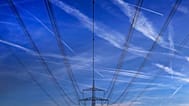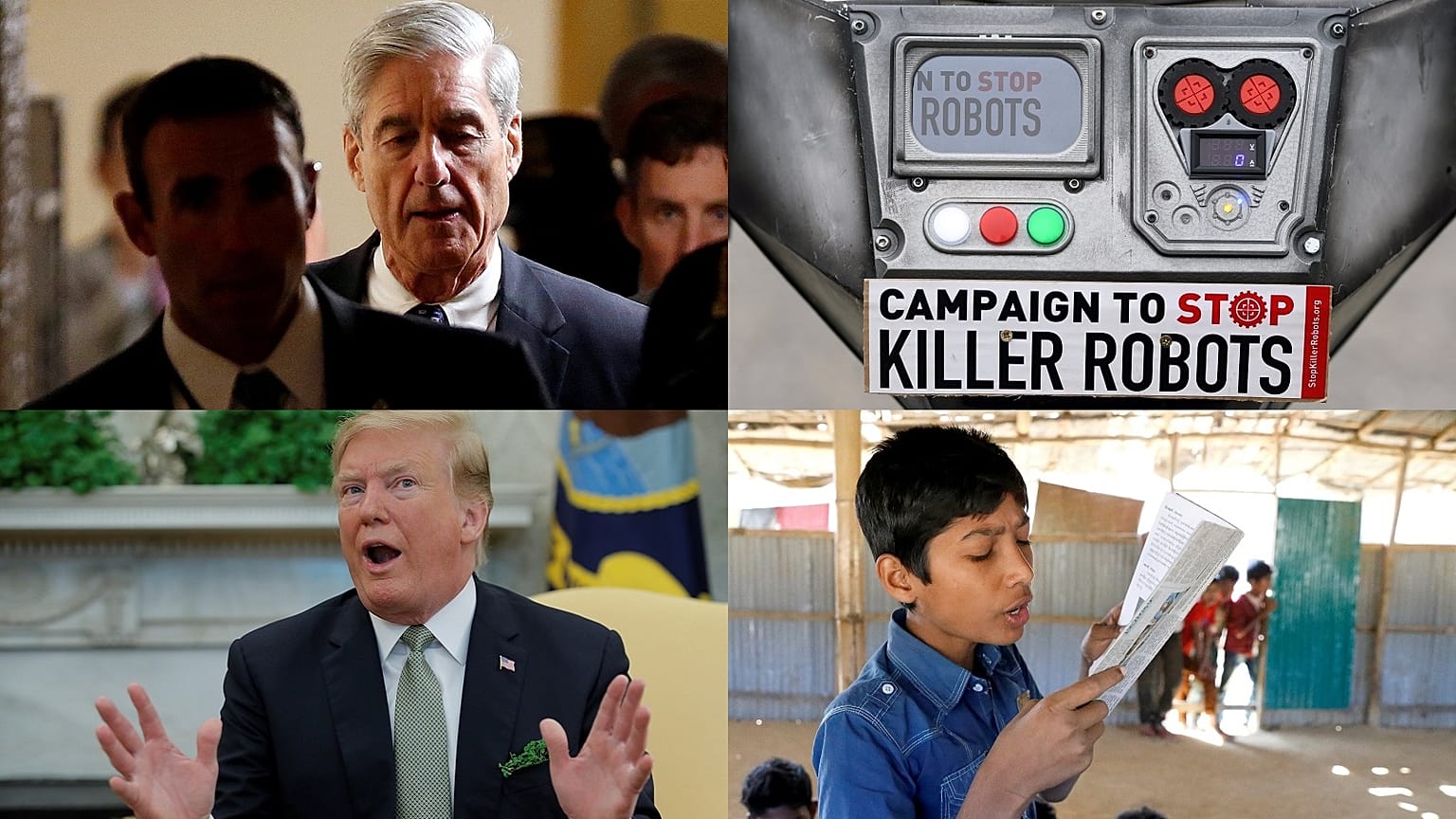Our weekly round-up of all the View opinions that have been driving debate across Europe and beyond.
Welcome to our weekly round-up where we take a look at the hot topics that have had you talking. This week, we are sharply reminded of the need to give a platform to mainstream as well non-mainstream perspectives on the big news stories of the day; from Brexit to the Trump presidency. Here are the opinions that have driven debate across Europe and beyond over the last seven days.
 ADVERTISEMENT
ADVERTISEMENT
 ADVERTISEMENT
ADVERTISEMENT
Here at View, we try not to be constrained by mainstream thought. We are at the fault line of diverse opinions, which sometimes bristle and collide when given a platform next to each other. Healthy debate is part and parcel of any democratic system – and it is something that helps to give a better perspective on an increasingly complex world and the weighty ethical questions being asked of it.
Perhaps one of the most pressing ethical issues of our age is the use and development of artificial intelligence – and it is sparking fierce debate for and against. Contributor Lucien Begault, on the one hand, takes particular umbrage with the deployment of AI technology in EU border control, stating that the data produced is inherently prejudicial and will lead to dehumanisation. “We are… seeing the emergence of techno-solutionism in border monitoring system around the EU, along with the advent of further human rights violations,” he argues. While Begault may disagree, does AI have the potential for doing good? Daanish Masood and Martin Waehlisch seem to think there is a bright and prosperous future for mankind if we rely on it to solve crises, arguing that: “[AI] can be deployed for the good of humanity to de-escalate violence and increase international stability.”
One person who actively divides opinion is the current incumbent of the White House, Donald J Trump. The controversies that the US president is currently courting have either united opposition to him or united his support base in approval, none more so than the Mueller investigation. The former sees the newly-released report into Russian interference in the US presidential election as a vindication for the president, ensuring his re-election in 2020, according to Keith Koffler. However, detractors of President Trump still see light at the end of the tunnel, with contributor Mark Medish making the case for constitutionalists who still see a case for indicting and ultimately impeaching Trump from office.
While Trump may be secure for now in the wake of the Mueller Report, political analysts all point to a rocky road ahead for the president regardless. Kurt Bardella, for instance, writes that the Mueller Report is the end of the beginning for Trump, not the beginning of the end. However, Republicans set a standard for oversight of the US president, something Democrats will now use to hold Trump to better account. Even Suzanne Garment, who argues that Democrats will not be able to prove obstruction of justice charges as Watergate prosecutors did with President Nixon, Trump nevertheless faces further uncomfortable questions regarding “campaign finance violations, tax offenses and insurance and ordinary old commercial fraud.”
Of course, Trump’s impact is not restricted to American domestic affairs. His influence has a far-reaching hand around the world, particularly when it comes to human rights abuses. This particular issue has featured heavily on View of late as they come increasingly under fire. In Saudi Arabia, where women’s rights activists have been jailed and tortured, contributor Wajahat Ali paints a picture of systematic abuse that has had the tacit approval of the Trump administration through its willful ignorance of the facts. In Europe, too, the tide is turning against the freedoms we have all come to enjoy under democratic systems and no more so than in Poland under the current PiS government. In her piece for View, Barbora Cernusakova highlighted the erosion of judicial independence in the eastern European country, with judges fearing for their jobs, their objectivity and in some cases their lives.
Brexit is never too far from world news bulletins, particularly given the chaos being unleashed in the UK’s Houses of Parliament because of it. Opinions are still deeply divided over it; both in parliament and wider society. This is something reflected in the op-eds we have seen of late on View which offer a multi-faceted view of the ongoing crisis. Dr Eoin Drea, for instance, laments Britain’s decision to leave the EU, particularly given the flawed premise of invoking past wars and British victories in Europe in order to bolster support for Brexit. Harry Theochari, on the other hand, tries to strike a more optimistic tone in his op-ed about Brexit, calling for all sides in the negotiations to take a breath and compromise for the future good and prosperity of both the British and continental Europeans.
In the wake of the recent Turkish municipal elections, Muhammed Yesilhark wrote a piece that aimed to shatter longstanding impressions of Turkish democracy – or lack thereof. He goes further to argue that democracy in Turkey is in rude health - and not at the mercy of the autocrat tendencies of President Erdogan - and what’s more, could teach Europe a thing or two. As if to emphasise the point, Maha Walter-Kamano shared her life experience as a Muslim woman in Germany with View, explaining why, while she is a native-born German, she does not identify as German because of the growing racism and xenophobia sweeping the continent.
Also worth a read is the contribution by Srdjan Cvijic and Alessia Mora, who discuss the immediate need for action by EU member states in agreeing to extend life-saving missions in the Mediterranean, as well as helping to stabilize the ever-volatile situation in Libya. In an increasingly populist, autocratic world, education is falling victim to political pressures. Are the Abidjan Principles – the guardians of a shared global commitment to education - robust enough to support the fight back against these tendencies and renew teacher’s academic freedom? Hugh McLean delves further into the topic in his submission this week. Also of note is Elena Gerebizza’s piece on the controversial Krk terminal in Croatia, seen by some as a dangerous vanity project for the Adriatic country. Is it even needed or is it just an environmental disaster waiting to happen?
________
Are you a recognised expert in your field? At Euronews, we believe all views matter. Contact us at view@euronews.com to send pitches or submissions and be part of the conversation.














